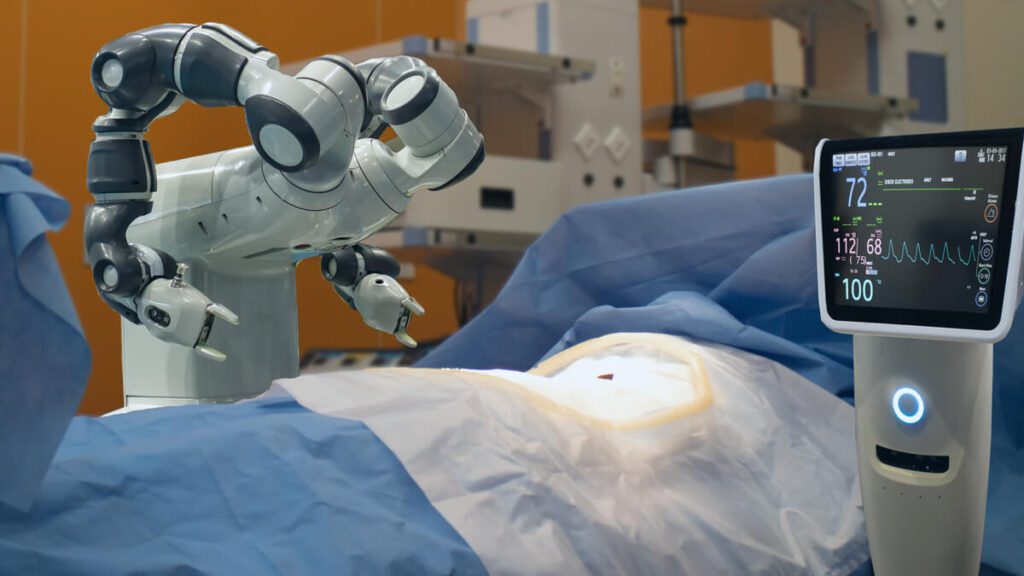Meet the hospital in Singapore employing robots

AI is not only revolutionizing the tech industry, it has also creeped its way to the health sector. Changi General Hospital (CGH), based in Singapore, employs more than 50 robots as doctors, surgeons and staff members.
Tasks range from conducting surgery to carrying out office work, as these advanced AI machines have become a main key element in keeping the hospital functional.
Selina Seah, director for the Centre for Healthcare Assistive and Robotics Technology (CHART), told CNN that the global COVID-19 pandemic created a need for “contactless and remote healthcare solutions.”
“There is growing awareness that robots are becoming more important in our work,” said Seah. “Due to COVID-19 and the fact that we have to take care of more patients with less manpower, robots are now a welcome part of our daily life,” the director added.
CHART has been an integral part of CGH since 2015, but it has only now kicked off projects with the aim of making “healthcare more accessible, affordable, and higher quality, as well as safer for pandemic situations,” according to Seah.
Introducing AI to the health sector may be the smartest move made by Singapore, as the World Health Organization (WHO) has previously warned there will be a global shortage of 18 million health workers by 2030.
Singapore, with its 65-and-over population estimated to increase from 14 percent in 2019 to 25 percent in the upcoming years, won’t have to worry about obstacles of shortages, according to Seah.
Surgical robots like “the da Vinci Surgical System” are praised for being the highest-performing robots in the hospital, according to CNN. These robots function similar to an actual surgeon’s eyes, and only help in the least invasive surgeries.
Outside the surgery room, you’ll encounter robots cleaning, delivering sheets or food, and even putting patients back into bed.
“It’s quite common for our young nurses to get backaches two or three years into the job. Robots can do this dangerous, manual work so that our nurses then can concentrate on providing good clinical care for our patients,” Seah said.
CGH isn’t the only hospital welcoming AI-powered employees.
In 2017, AI machines were hired to help the nurses at Copenhagen University Hospital who faced a rapid demand for blood sample testing. During the same time, autonomous mobile robots at Zealand University Hospital in Denmark transported their way through more than 10 kilometers each week in the hospital to provide equipment, saving nurses and staff members from strenuous work.
To some, the concept of being welcomed by a robot when you’re in the emergency room is terrifying, but to others who are strategically utilizing the tech wave, high quality work and levels of precision are guaranteed.
